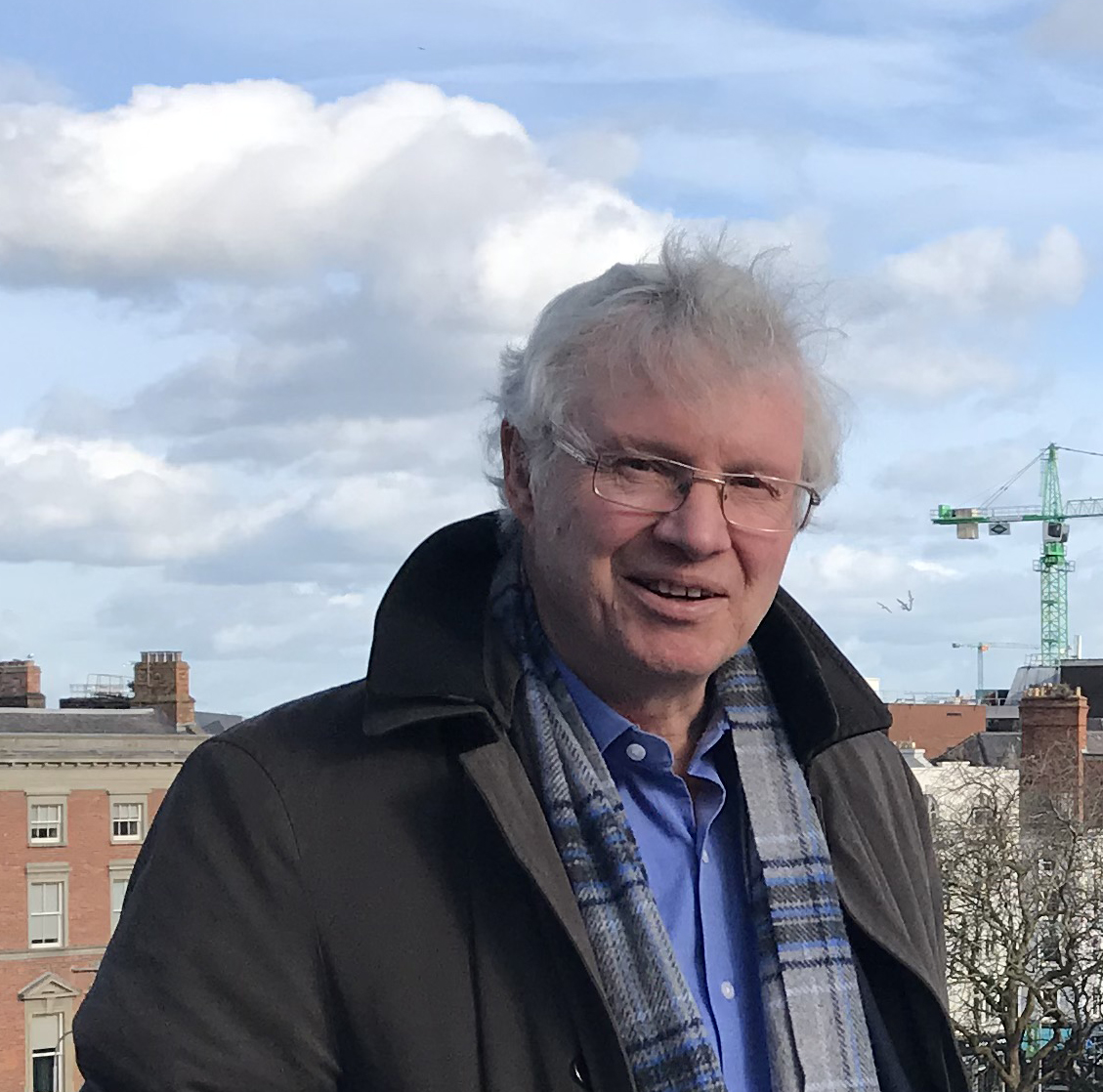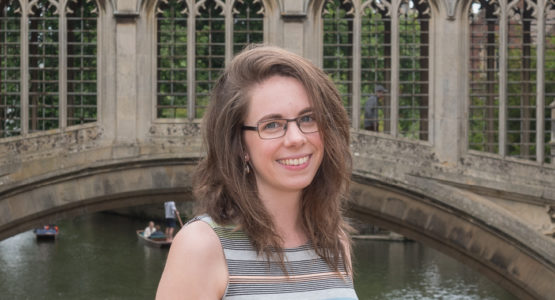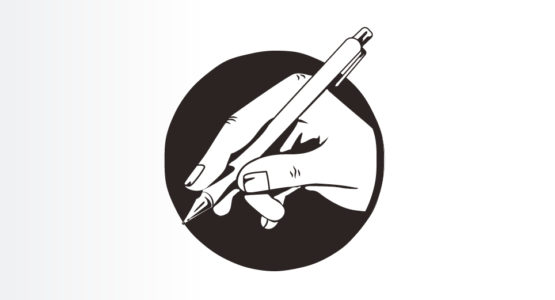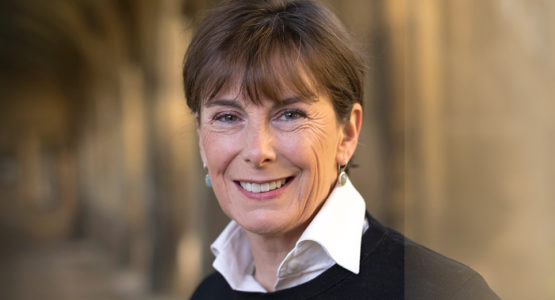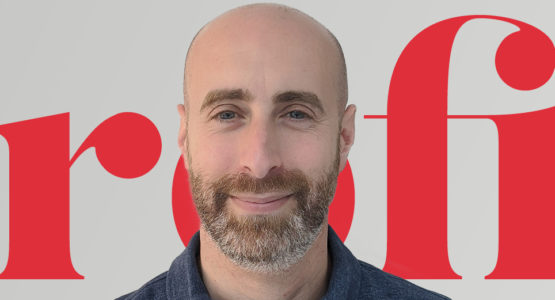Johnian magazine issue 46, autumn 2020
Health is made at home, hospitals are for repairs

Nigel Crisp (1970) spoke at the Beaufort Society Annual Meeting in October 2020 on the subject of creating health. His talk is summarised here.
I began working in several African countries when I left the NHS in 2006, and I quickly discovered that our respective health systems have a lot to learn from each other. We must abandon the top-down idea of international development and replace it with co-development.
I met African health workers without our resources – and, crucially, without our historical baggage and vested interests – who were developing innovative approaches to health. Crucially, I witnessed the major role that communities can play, not just in healthcare but in creating health. As Professor Francis Omaswa, formerly head of the Ugandan health service, told me: ‘Health is made at home, hospitals are for repairs.’
For societies with industrialised health systems, the idea that health can be made at home, in the workplace, the school and the community is radical. We need to take off our NHS spectacles and think about the causes of health, not just the causes of ill health.
The World Health Organization defines health in terms of physical, social and mental wellbeing – not simply the absence of disease or injury.
Thousands of people – teachers, employers, community leaders, architects and entrepreneurs – are actively improving health and wellbeing, despite not being health professionals. The pandemic has reinforced the importance of their work and highlighted the different contributions made to health by the NHS, government and citizens.
In the past months the NHS has been fighting for our lives and throwing all of its resources at the pandemic. Millions of health and care workers have been magnificent, rising to the occasion with bravery and skill, and it is clear that we must support and resource them better for the future. Government has provided vital leadership and direction, introducing emergency legislation and supporting the NHS and the economy. And it’s been up to us, the general public, how far and how fast the virus spreads.
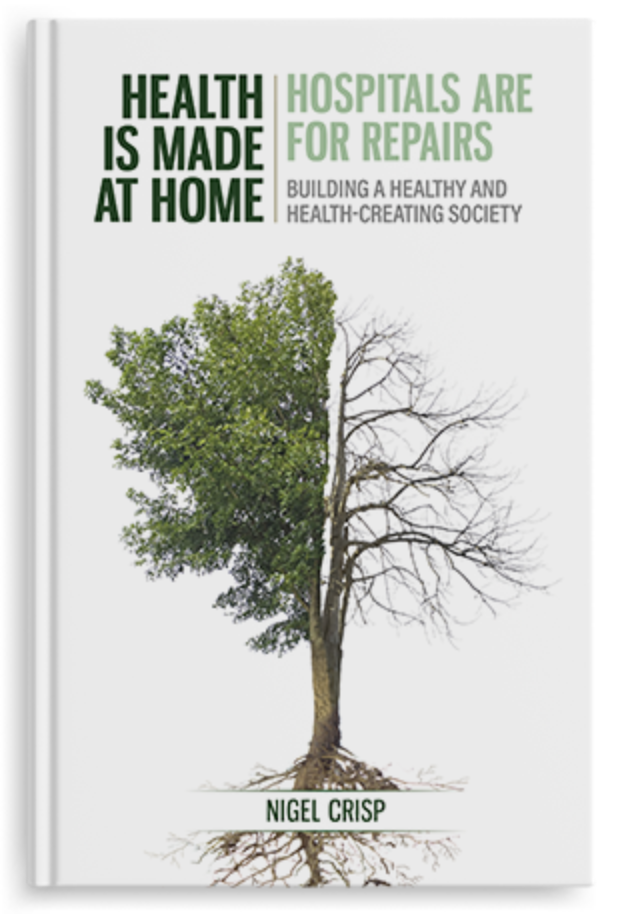
Long-standing uncomfortable truths have been exposed by COVID-19. For example, people who can’t work from home, older people and people from Black, Asian and minority ethnic communities have suffered worse than others. The old normal wasn’t good for many people.
However, the pandemic has also shown us that our behaviour matters. Millions have volunteered to help keep community activity alive or to look after neighbours. Millions more have kept the vital non-health emergency and other services running in agriculture, retail, delivery, power, transport, finance, rubbish collection and so much more. We have all had our part to play.
Looking ahead, there will continue to be a vital role for us all in health. The NHS can’t do everything by itself, and it can’t deal with many of today’s major health problems such as loneliness, stress, obesity, poverty and addictions. It can only really react, doing the repairs rather than addressing the underlying causes.
There are already those all over the country who are tackling these causes in their homes, workplaces and communities: people like the Berkshire teachers working with children excluded from school, the unemployed men in Salford improving their community, and the bankers tackling mental health in the City. Instead of waiting for government or health professionals to tell them what to do, they are implementing new practices to improve quality of life. They are not just preventing disease; they are creating health.
Our health as individuals is intimately connected to the health of our communities and our society – and, ultimately, to our environment and our planet.
The World Health Organization defines health in terms of physical, social and mental wellbeing – not simply the absence of disease or injury. For too long we have focused on the physical aspects. More recently, there has been a welcome new emphasis on mental health. Now, with COVID-19, the social aspects are coming into focus.
Health and wellbeing are about our relationships, how we live, and what happens to us at work, at school and in society. Our health as individuals is intimately connected to the health of our communities and our society – and, ultimately, to our environment and our planet.
Creating health means providing the conditions in which people can be healthy and helping them to be so. This is not simply about clinicians starting to prescribe healthy activities as well as medicines. Nor is it about the NHS actively beginning to pursue prevention and promotion or engaging the public. Welcome as these things are, they maintain the control of the system and the professionals, and they keep us dependent on them.
I think of health now in three parts – health services, disease prevention and health creation – all linked and all vitally important. Health creation has been largely ignored in the past, but it needs to come into its own in this new era of pandemics. Thankfully, there are many health creators in the community leading the way.
Check out Nigel’s latest book Health is Made at Home, Hospitals are For Repairs and learn more about the Beaufort Society.
Written by
Nigel Crisp (1970) is a crossbench member of the House of Lords and was Chief Executive of the NHS in England and Permanent Secretary of the UK Department of Health from 2000–2006.


